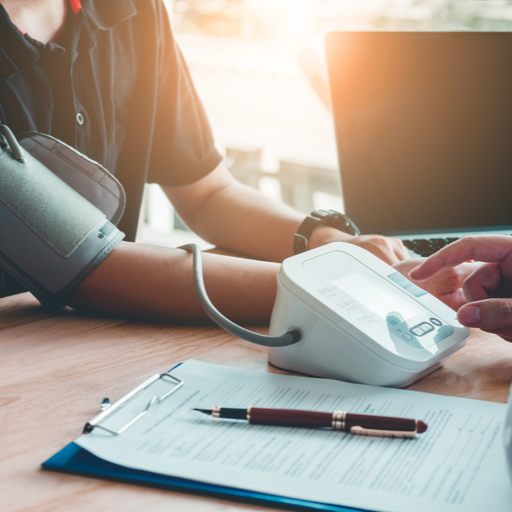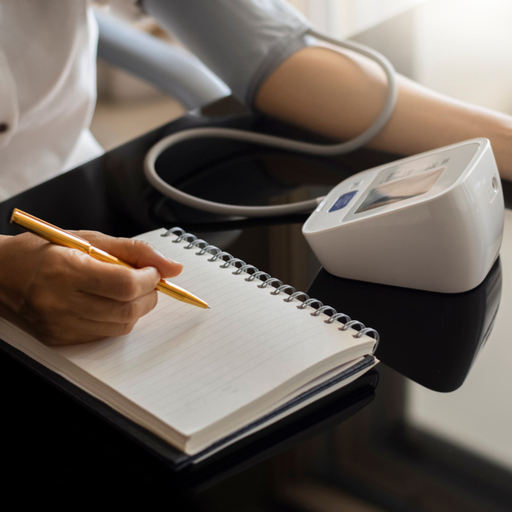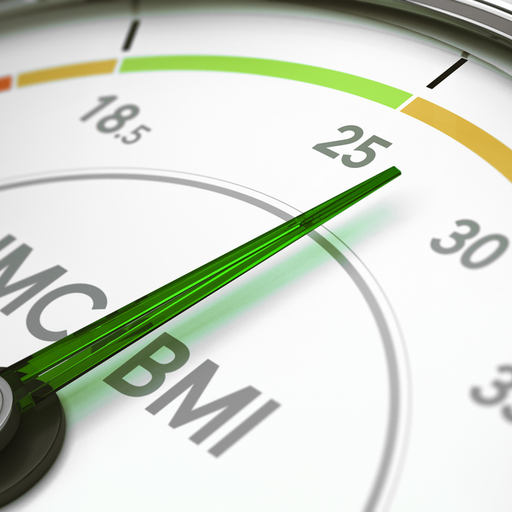Checking your blood pressure can be a great way to monitor your health on a day-to-day basis. If you are living with diabetes, monitoring your blood pressure during the day is an important health habit. Read on to find out how you can go about it:
What you should know:
- Factors that affect your blood pressure
- When should you take your blood pressure?
- How to take your blood pressure test at home?
Factors that affect your blood pressure
When you are deciding a time to take your blood pressure reading it is important to know which factors can affect your blood pressure level. When you wake up in the morning your blood pressure tends to be at the lowest. This is why it might not be the best time to check your blood pressure level.
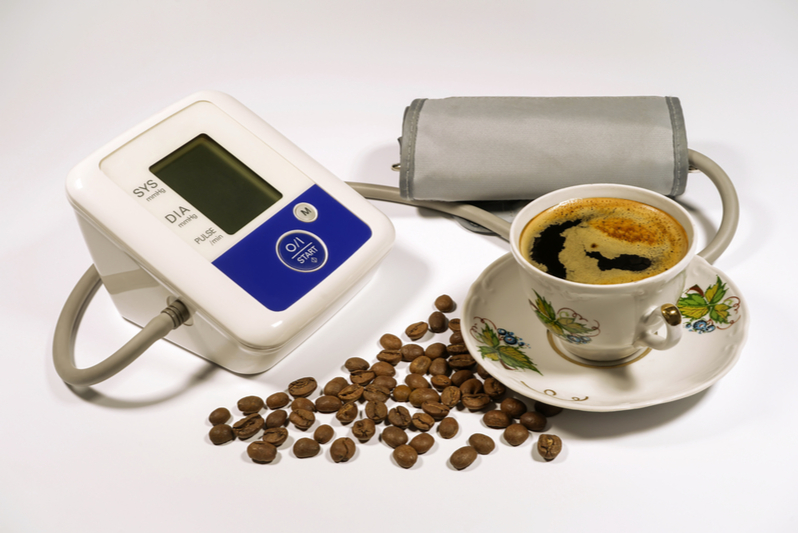
On the other hand, taking a blood pressure reading immediately after your breakfast or drinking coffee isn’t ideal either. It can give you an elevated blood pressure reading. Here are some of the factors that can cause a spike in your blood pressure:
- Consuming food or caffeine
- Smoking or chewing tobacco
- Exercising
- Drinking alcohol
Hence, you should avoid any of these activities at least half an hour before you take your blood pressure.
When should you test your blood pressure?
There is no specific time of the day that will be beneficial to check your blood pressure. Instead, it is more important to pick a time that you can check your blood pressure daily. It can be preferable to take your reading at a time when you are alone and unlikely to be distracted.
You can take a blood pressure reading:
- Before you start working
- After you finish your workday
- Before you go to bed.
How to take your blood pressure test at home?
A good way to monitor your blood pressure reading is to have a blood pressure monitor at home. This allows you to check your blood pressure at times that are convenient for you. Here are some of the basics of blood pressure home monitors to help you record your blood pressure at home.
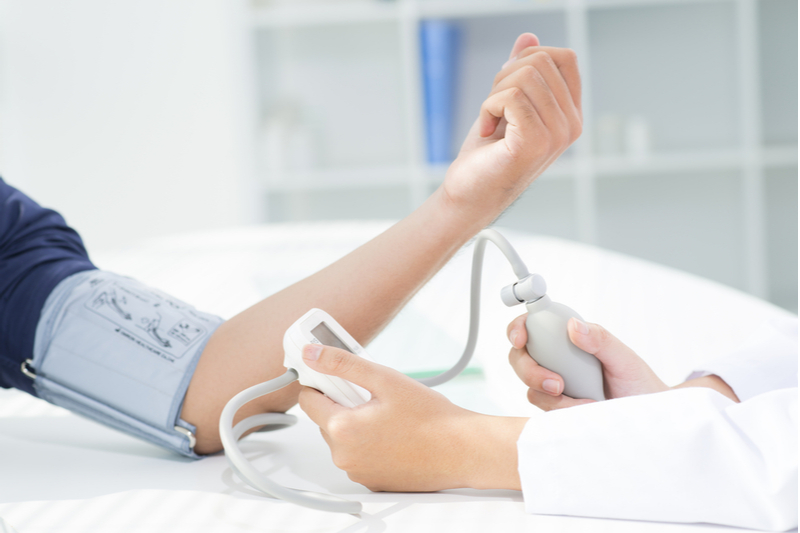
- Find a quiet place where you can rest in a chair comfortably.
- Roll up the left arm sleeve or remove any tight clothing if needed.
- Rest your arms on a table with your palms facing upwards.
- Locate your pulse in the centre bend of your elbow and place the arm cuff around this area.
- Ensure that the arm cuff is wrapped snug but not too tight.
- Press the power button and when the number zero appears on the display it means the monitor is ready.
- Inflate the cuff by squeezing the bulb in your right hand.
- Keep inflating the cuff until your systolic pressure is 30 points over your average.
- The pressure reading will appear on the screen after a long beep
Make sure that you note down both, your systolic and diastolic blood pressure. Alternatively, you can always go to your doctor or a medical centre to get your blood pressure rating.
You can use our blood pressure calculator to understand if you are within the blood pressure normal range. For more fitness or nutrition related advice, visit Activ Living.





 1800-270-7000
1800-270-7000


